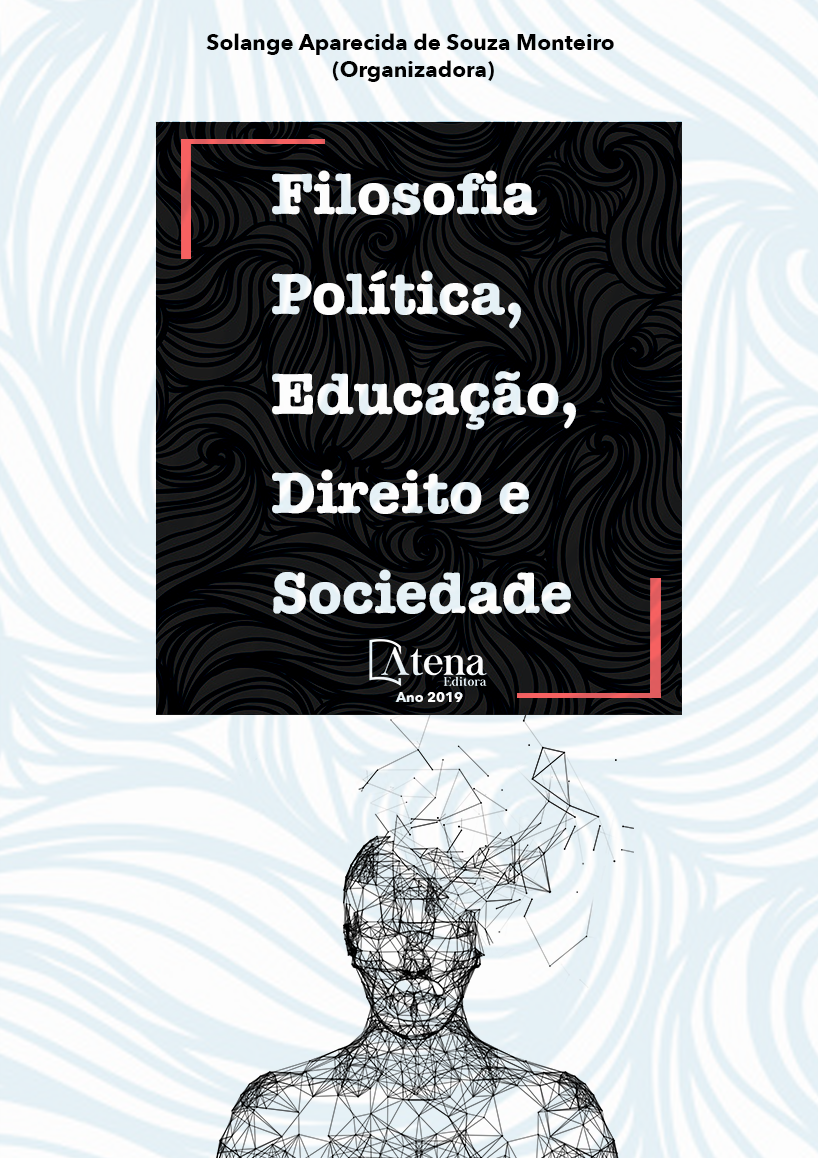
O ESTUDO DE HISTÓRIA E CULTURA AFRO-BRASILEIRA E AFRICANA E A FORMAÇÃO HISTÓRICA DE SENTIDO A PARTIR DA PERSPECTIVA DE JÖRN RÜSEN
Esse texto objetiva, a partir da análise
das mudanças propostas no currículo resultante
da aprovação da Lei nº 10.639/03, refletir sobre
as possibilidades de transformações políticas
e pedagógicas daí decorrentes. Para tanto
nos ancoraremos na tipologia da consciência
histórica criada pelo historiador e filósofo
alemão, Jörn Rüsen e em seus conceitos de
formação de sentido e de aprendizado histórico.
Rüsen afirma que a tomada de decisões na
vida prática está condicionada à consciência
histórica do sujeito, a qual é responsável pela
mediação entre os valores adquiridos e/ou
desenvolvidos e o agir na realidade, e ainda,
que é só a partir da formação de sentido que os
sujeitos poderão entender a si e aos outros ao
longo das relações sociais que estabelecerão
e, assim, ressignificar o passado, com suas
dores e absurdos, tornando-o apto para orientar
o agir na vida prática atual de uma forma mais
positiva e pautada pela alteridade. Partindo
dessas premissas buscaremos demostrar como
a inclusão dos estudos de História e Cultura
Afro-brasileira e Africana foram um grande
avanço em favor de uma sociedade mais justa
e igualitária e como sua possível exclusão a
partir da MP 746/16 será um grande retrocesso
para educação brasileira. Nesse sentido, a
proposta deste texto, cuja metodologia utilizada
foi a revisão bibliográfica, é realizar uma
reflexão, tomando como referência a questão
da aprendizagem histórica - em especial em
História e Cultura Afro-brasileira e Africana,
pensada a partir do campo teórico da Educação
Histórica e baseada no pensamento rüseniano.
O ESTUDO DE HISTÓRIA E CULTURA AFRO-BRASILEIRA E AFRICANA E A FORMAÇÃO HISTÓRICA DE SENTIDO A PARTIR DA PERSPECTIVA DE JÖRN RÜSEN
-
DOI: 10.22533/at.ed.94019040225
-
Palavras-chave: História e Cultura Afrobrasileira e Africana, consciência histórica, educação histórica.
-
Keywords: Afro-Brazilian and African History and Culture, historical consciousness, historical education.
-
Abstract:
From the analysis of the changes
proposed in the curriculum resulting from the
approval of Law 10.639 / 03, this text aims
to reflect on the possibilities of political and
pedagogical transformations that follow.
For this we will anchor ourselves in the typology of historical consciousness created by
the German historian and philosopher, Jörn Rüsen and in his concepts of formation
of meaning and historical learning. Rüsen affirms that the decision-making in the
practical life is conditioned to the historical consciousness of the subject, which is
responsible for the mediation between the values acquired and / or developed and
acting in reality, and still, that is only from the formation of meaning that the subjects
will be able to understand themselves and others along the social relations that they
will establish and, thus, to re-signify the past with their pains and absurdities, making
it apt to guide action in current practical life in a more positive and patterned way by
otherness. Based on these premises, we will try to demonstrate how the inclusion of
Afro-Brazilian and African History and Culture studies was a great advance in favor
of a more just and egalitarian society and how its possible exclusion from MP 746/16
will be a great setback for education Brazilian In this sense, the proposal of this text,
whose methodology used was the bibliographical review, is to make a reflection, taking
as reference the question of historical learning - especially in Afro-Brazilian and African
History and Culture, thought from the theoretical field of Education Historical and based
on the Rüsenian thought.
-
Número de páginas: 15
- Patricia Paes Leme


